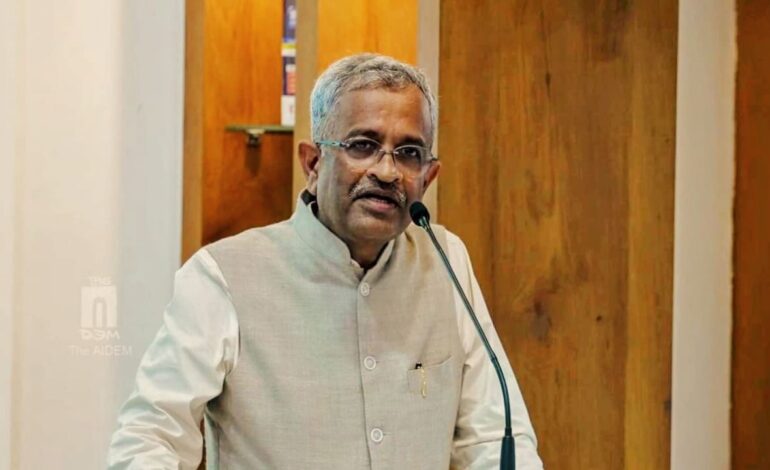
This is the full transcript of the speech made by Senior Advocate of the Supreme Court Sanjay Hegde on the subject “India @75, Constitution and Beyond” at the Chavara Cultural Centre, Kochi. The talk was on January 13, 2025. [For Video,Click here]
Ladies and gentlemen, it gives me great pleasure to be here to talk about India at 75 with the Constitution and Beyond. In a sense before we look at India at 75 and its constitution in its 75th year, it strikes me that we are looking at a century, we are looking at the 100th year of two philosophies which shaped the Constitution.
One philosophy which believes in a glorious past, its centenary is this year. The RSS was founded in September 1925 and this year will be its centenary. There are elements of what that glorious past looked like which are to be found in our constitution. But equally, there is another important centenary which comes from this land, this is also the 100th year of the Vaikom Satyagraha. And the message that went from that Satyagraha, the leaders that evolved from that Satyagraha, including E.V. Ramaswamy Naicker, their ideas also shaped the Constitution’s drive towards equality of status and opportunity and of social justice… So, 75 years ago, when we wrote the Constitution our forefathers brought forth upon a divided subcontinent, a nation conceived as a continuation of an old civilization. India that is Bharat.
It was an idea whose pledge was being redeemed in a Post-Colonial World. Very few gave it much of a chance. In fact a quote attributed to Winston Churchill (is as follows). “If Independence is granted to India, power will go to the hands of rascals, rogues, and free booters. All Indian leaders will be of low caliber and men of straw, they will have sweet tongues and silly hearts. They will fight among themselves for power and India will be lost in political squabbles. A day would come when air and water would be taxed in India”.
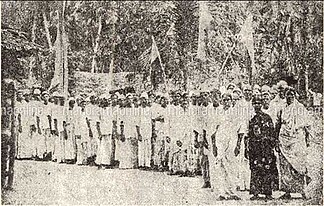
I do not know whether that quote is correctly attributed to Churchill, or he had a vision of the current Finance Minister when he said that even air and water would be taxed; so far it hasn’t gone there but you must remember that Churchill warned us. So, in some senses it’s a wonder that we have lasted this long, 75 years. It’s a wonder that our constitution has lasted this long.
At the same time that we were writing our Constitution, Sri Lanka – Ceylon, as it was called then – brought in the British Constitutional Expert Sir Ivor Jennings to write their Constitution. Ivor Jennings had criticized the Indian Constitution as just a continuation of the 1935 government of India act and predicted that it would not last long. Jennings’s masterpiece in Sri Lanka lasted about a decade or less and here we are at 75 still going on, and going on with a greater sense of public involvement and of public ownership of the Constitution.
What are our constitutional rights? Many of us read about it and learn about it in Civics classes and we think that we have that magical institution on Bhagwandas Road (Supreme Court of India) which will always come to the aid of the citizens against the despotic state. But no, the Constitution is a little bit more than that. And the Constitution will not work until the people decide to work it. Until the people decide that the rights that are there in the Constitution belong not only to them, but belong to each of their brothers and sisters and fellow citizens of India.

It was the tribals at Pathalgadi, a place in Jharkhand, who put their rights out on stones, carved them on stones, and on notice boards outside their villages to tell officers— we know we have rights. It was three girls in a government junior college, in my hometown of Udupi, who when faced with a bigoted teacher told them that “we have a constitutional right to freedom of our religion and we want to express our identity and our modesty by wearing a hijab”.
Three judges of the Bangalore High Court disagreed, matter went to the Supreme Court and one judge agreed. The matter is still at large but what happens ultimately in the matter we do not know yet. But what we do know is that little men, little women, our fellow brothers, and our fellow sisters are now invested in the Constitution.
And when the early writers of the Constitution like Granville Austin said that — “first and foremost, the Constitution is a social document”, they probably did not envisage how deeply it would go into Indian Society. If you look at the basis of Indian society often, it is our conception that we all owe our families, our people, and our country duties. We are all people of Karmanyevadhikaraste. But it was indeed a social revolution when Thomas Paine’s book The Rights of Man fell into the hands of a gardener from Maharashtra, translated in Marathi. The magic lines in it say that, “…man had no property in hand,” went before Mahatma Jotibha Phule, it was then that the idea of an equalized society was born.A society which could be made more equal through education, constant assertion of rights, and from Phule down to Ambedkar’s Mahad Satyagraha, and to Ambedkar being co-opted to write the Constitution, there is a direct line of thought.

One of the great things or the happy coincidences of that time was the chairman of the drafting commission was Dr. Ambedkar, who would not have been a member of the Constituent Assembly of India had there not been an act of extraordinarily reaching out across the aisle. Dr. Ambedkar had been elected to the Constituent Assembly from a place which was in East Pakistan, with the help of Mr Jogendra Nath Mandal, who later became the first law minister of Pakistan. Having lost his seat there, because that went to Pakistan, he had to be re-elected to the Constituent Assembly. And it was Mahatma Gandhi who suggested that he be brought back into the Constituent Assembly, and therefore, he was elected from Bombay and then made chairman of the drafting committee.
Now, you must remember that Mahatma Gandhi and Ambedkar never got along since their first meeting when the Mahatma saw a fair complexion man, who spoke good English, who was deeply concerned about the depressed classes; and the Mahatma made a classic mistake he assumed he was a Brahman who was concerned about depressed classes. The relationship got off on a rocky start and then worsened with the Poona Pact which was forced upon Ambedkar. Ambedkar’s political life from the 30s to the mid 40s was all about being part of the establishment, being part of the Vice Roy’s Council, but equally not fully integrated. Not really being thought of as a pan Indian leader. To bring him on board was an act of great statesmanship and it was there that we had a galaxy of people, not only Dr. Ambedkar. We had B. Shiva Rao, Mohammad Sadullah, Alladi Krishnaswamy Iyer, and a whole lot of great leading minds of that time who came around with a particular document, which had both rights as well as directive principles which cast a kind of line or a vision statement for the future.
Why did they come out with that magnificent document the way they did it? One thing that strikes me is that they wrote it against a backdrop of very great violence of the previous decade. You must remember that the Constituent Assembly finally signed the Constitution on 26th of November 1949, but please cast your mind to the violence of the previous decade. We had the World War, Partition violence, atom bomb, Jewish Holocaust, we witnessed the murder of the Mahatma; all these events worked on the minds of the assembly to tell them— “look this is where great danger lies”.
Unfortunately after a couple of generations, we seem to have forgotten the lessons that our forefathers so painfully learned. Today we are again at 75, we are in a situation where we have to renew our constitutional vows. We have, for the sake of our children, for the sake of our grandchildren, got to preserve what was not revealed scripture, but a document which had been crafted against a backdrop of violence, a document which had been crafted against a breakdown of constitutional protections. It was basically because the two sides in 1947 were unable to come to an agreement on suitable constitutional provisions, which would ensure that everybody had a voice, that we ended up in a partition.

Today, strangely enough, in an era of an autocratic government, people are now again invested in the Constitution. I spoke of the tribals of pathalgadi, I spoke of the hijab wearing girls of Udupi, and the last elections (2024 Lok Sabha polls) have shown us that people value it. The thought that the Constitution and its protections can be hollowed out, the cry that “Samvidhaan Khatre Me Hai!” has, to a certain extent, worked. But it is not enough to cry. What we have to work on is to ensure that we treat that document with respect and we live the social values that the constitution espouses— that everybody works towards Liberty, Equality, and Fraternity, ensuring the dignity of the individual. When we ensure that each individual citizen of India is assured his dignity, is assured of economic justice, of a full stomach, a roof over his head, and the freedom from fear of violence, fear of arbitrary arrest, that there are institutions and people who are designed to protect these values, that is when we will have A People’s Constitution which we are both owners of and masters of.
That is an India which I would like to see and hopefully we are all around when the Indian constitution is at its century and we can tell our children and our grandchildren— “look we preserved it, it is now your job to take it further.”
Ladies and gentlemen I thank you for a very patient hearing!
Sanjay R Hegde
Senior Advocate, Supreme Court of India


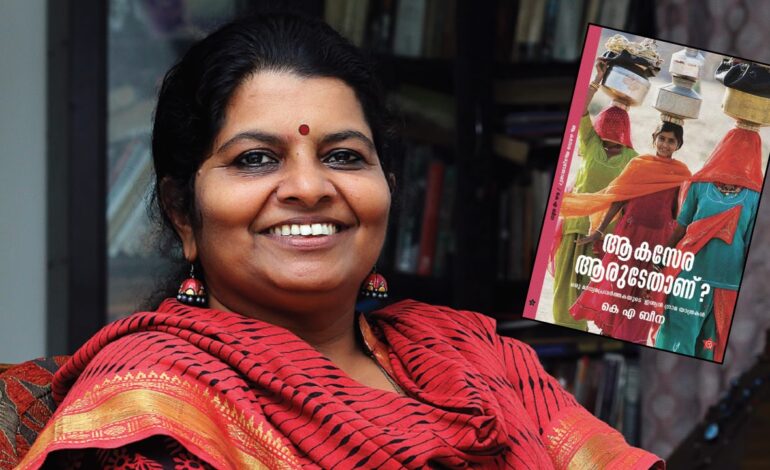
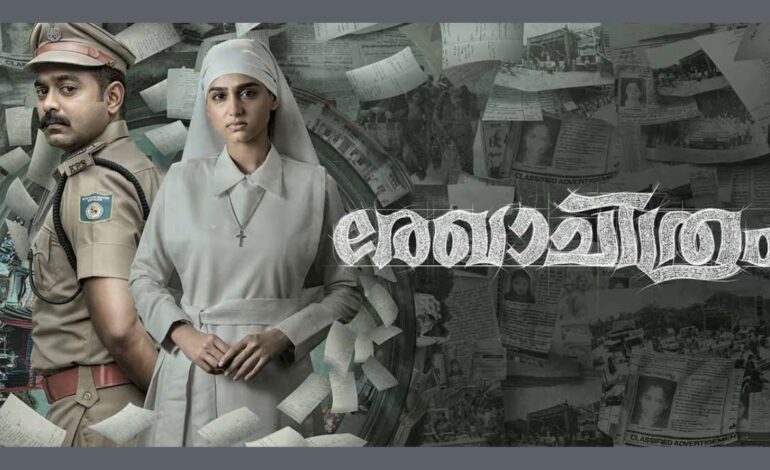
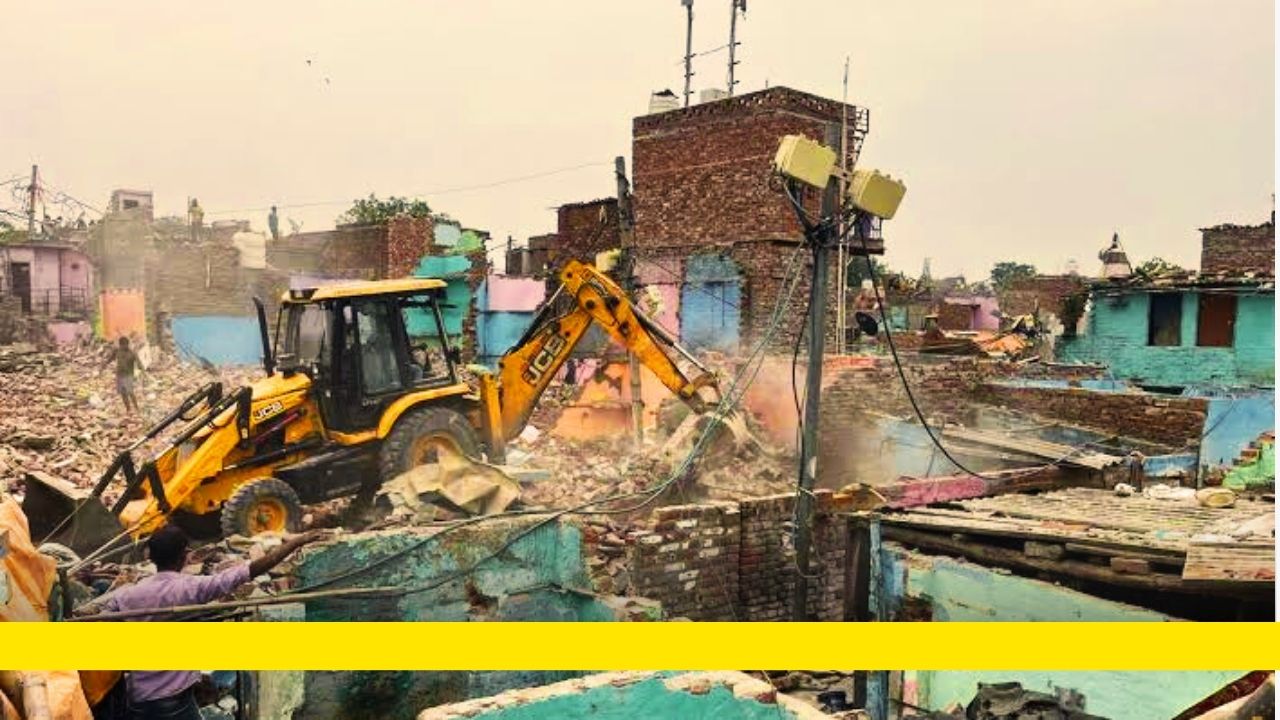
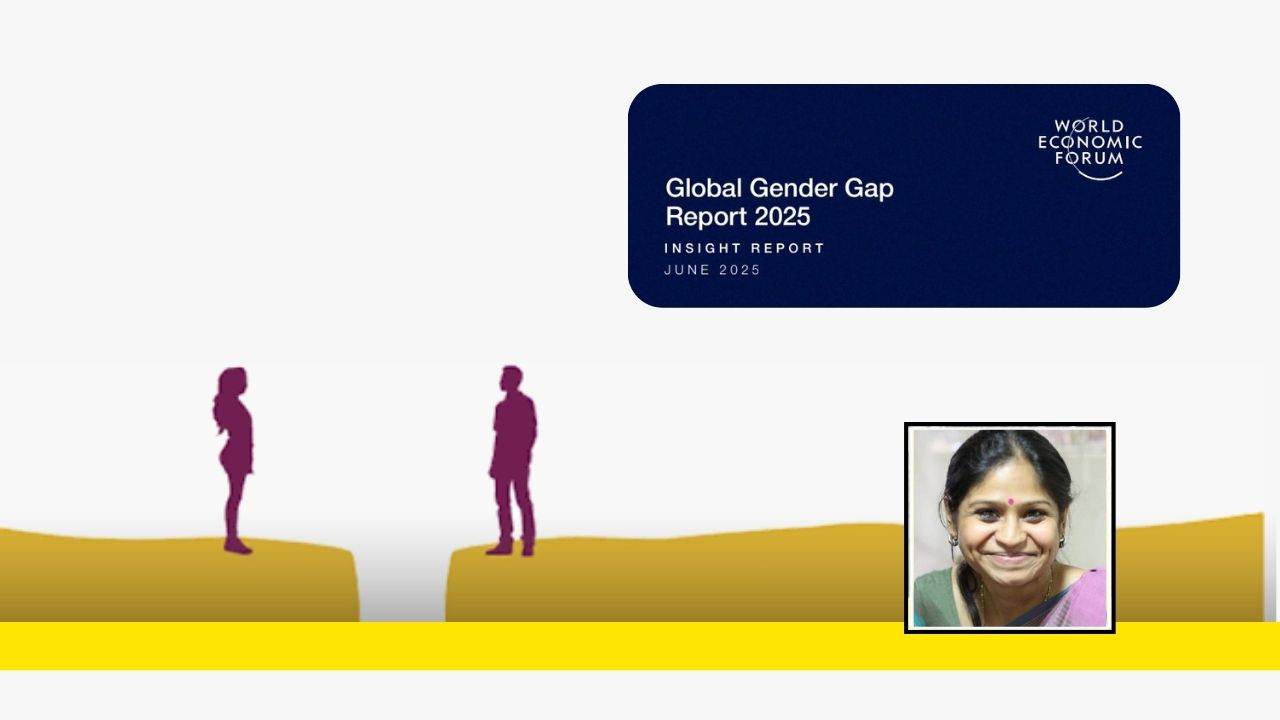
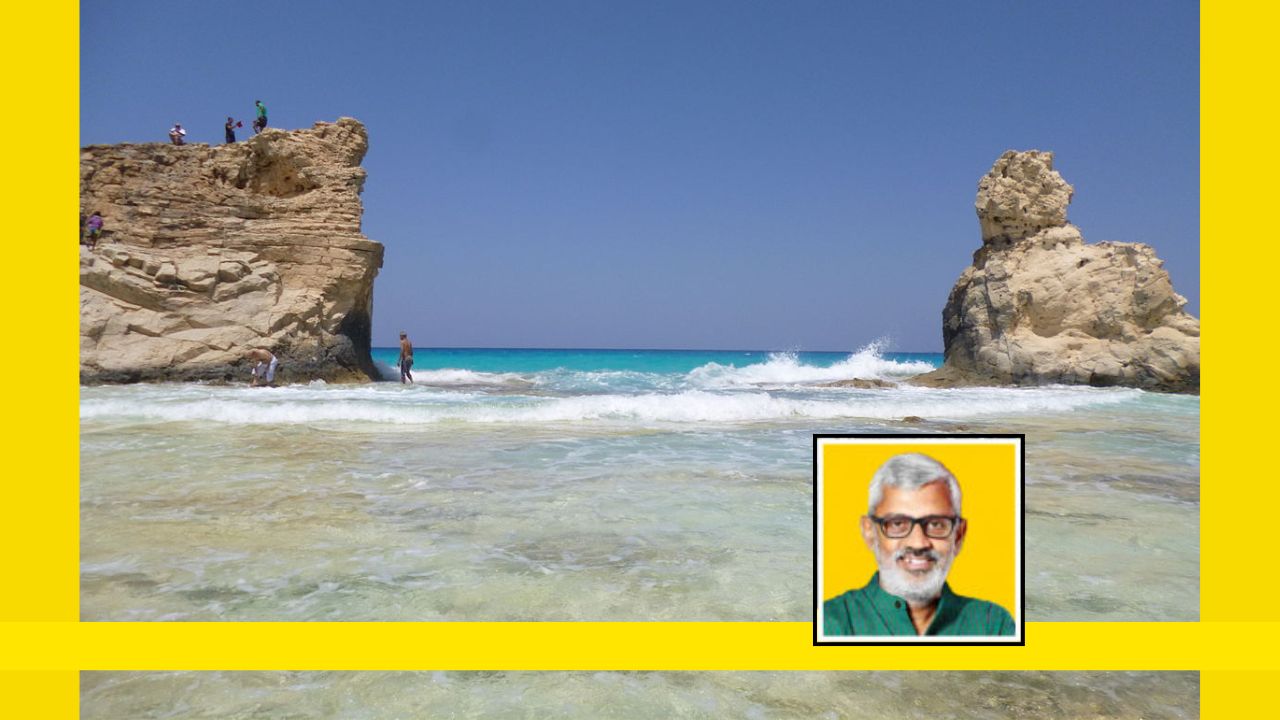
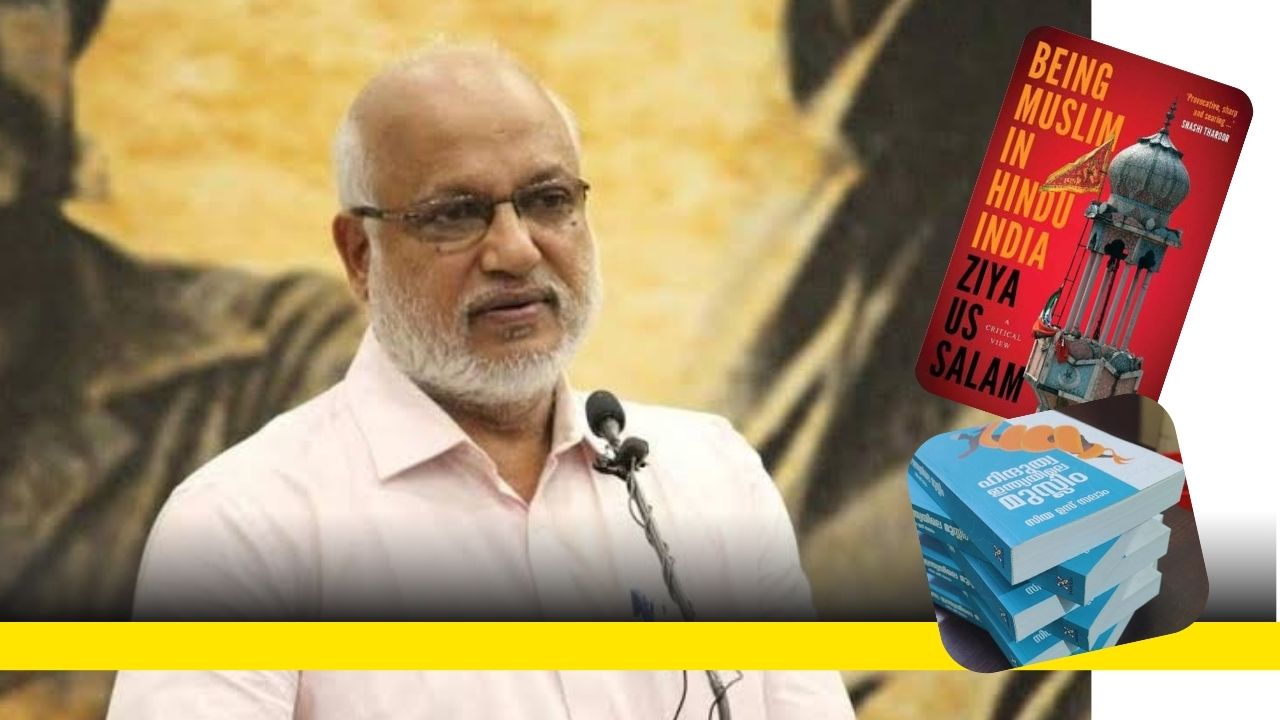


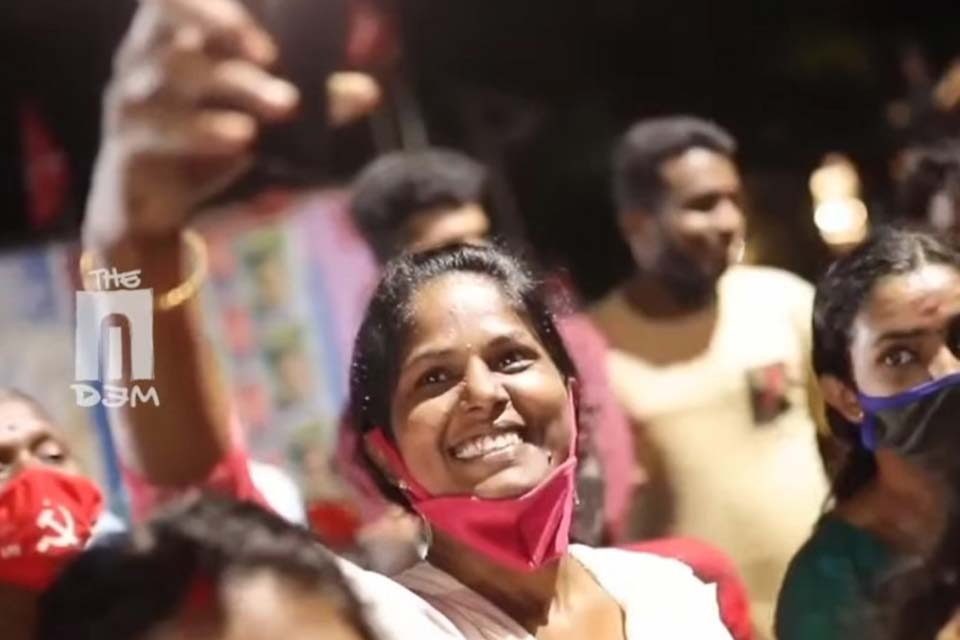

What a succinct , and phenomenal talk . Thank you Aidem for sharing it . A lesson on our Constitution and our democracy
What a succinct , and phenomenal talk . Thank you Aidem for sharing it . A lesson on our Constitution and our democracy